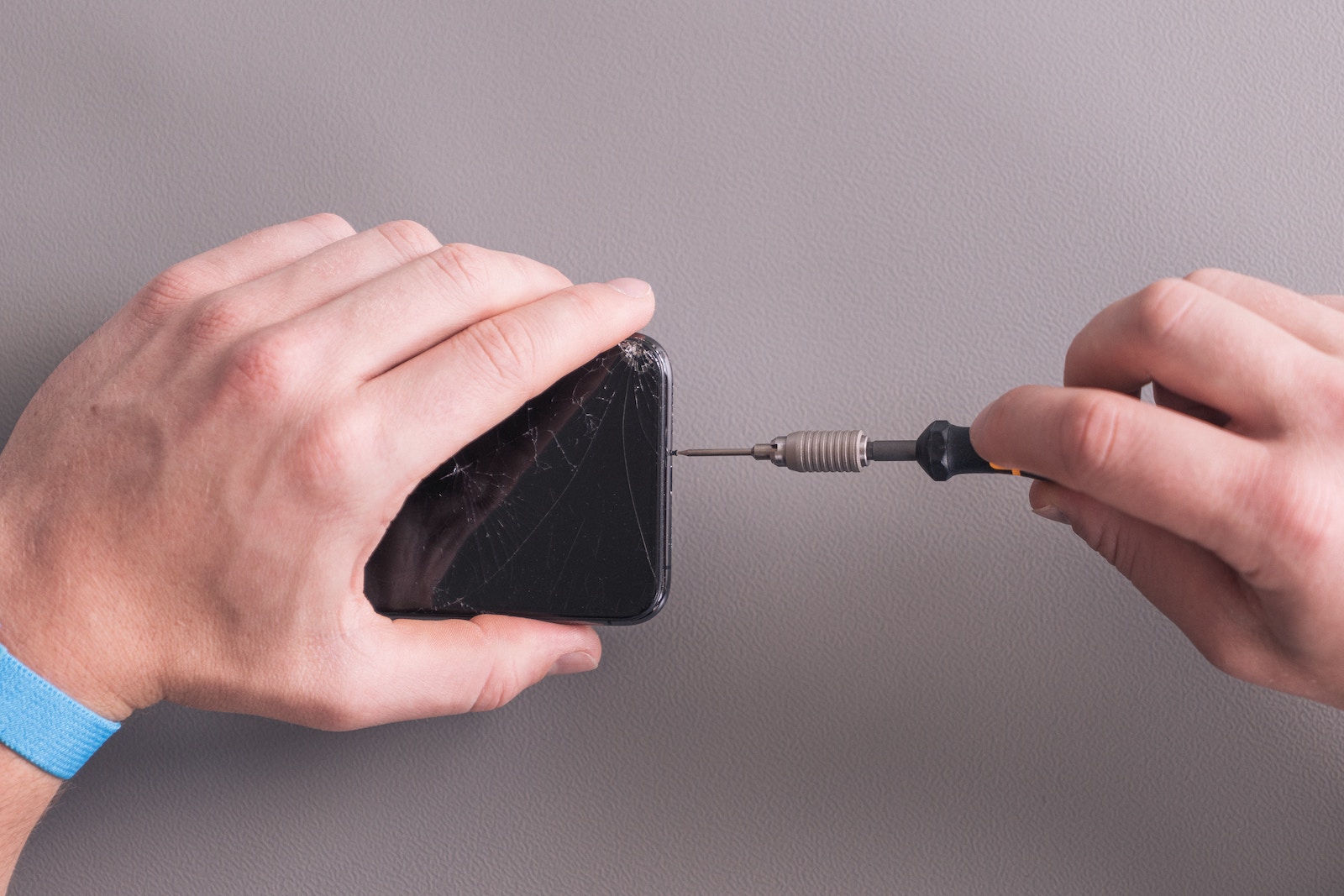In a key step toward a circular economy, right to repair laws make it easier for people to fix items instead of throwing them away. Proponents say these laws should reduce waste and support local economies. Right to repair laws have now passed in New York and Colorado. As of February 2023, Right to Repair bills had also been proposed in 20 states, targeting electronics, wheelchairs, farm equipment, and more.
Throwaway societies and a wasteful world
The enormous amount of waste we generate is filling landfills at alarming rates, harming wildlife, and polluting our land and water. Waste production is anticipated to increase by 70% over the next three decades. We can see throwaway culture at work in fast fashion, single-use plastics, and the need for constant upgrades of electronic devices.
Waste from electronics, known as e-waste, is particularly problematic because it contains toxic chemicals like lead and mercury. Every year we produce so much e-waste it weighs more than every commercial airline ever made and is worth more than the GDP of most countries. Much of that waste is shipped from the Global North to the Global South, where workers, often children, dismantle it for parts, and are exposed to toxic chemicals.

Copyright BAN under CC BY-ND 2.0 - Workers in Thailand wear improvised protective gear while processing e-waste from North America and Europe.
Challenges to repair
Even when customers want to repair or reuse their items, they may find it’s impossible, or much more expensive than buying something new. “This way of selling more products by designing products that deliberately fail, cannot be repaired, or have a set lifespan imposed in some other way is known as planned obsolescence,” says BBC.
Repair shops and individual consumers find it more and more difficult to fix everything from computers to wheelchairs because manufacturers limit access to manuals and parts, and the software that runs them. That leaves customers little choice but to go to the manufacturer for repairs - such as car dealerships and the Apple Genius Bar. This lack of competition means manufacturers can charge whatever they like for repairs, and have no incentive to do the work quickly. This leaves farmers without their equipment in the most critical moments of the agricultural calendar, leading to lost income, and wheelchair users bedridden for months while they wait for repairs to be completed.
Right to repair gains traction in the U.S. and beyond
Right to repair is a movement built around the idea that once you’ve purchased something you should have the right to get it fixed wherever you choose, or to repair it yourself if you see fit. It aims to foster competition around repairs and to reduce waste. The first ever right to repair law “guarantees car owners’ right to have their vehicles serviced at a shop of their choice” in Massachusetts according to iFixit.
New York State was the first to enshrine consumers’ right to repair electronic devices into law at the end of 2022. And in spring 2023, Colorado passed a right to repair law specifically targeted at farm equipment, to enable farmers to make repairs on their own. Other states are now introducing similar laws: farm equipment in Florida, Maryland, and Texas; wheelchairs in Connecticut, Tennessee, and Montana; and electronics in Washington and Oregon.

The impacts of right to repair
Proponents of right to repair laws say that it’s a key way to reduce e-waste by making it easier for people to get their items fixed. It would also reduce the enormous carbon footprint required to constantly produce new things. By empowering local repair shops for cars, phones, and computers to make repairs again, it can also help rebuild local trades, businesses, and economies.
However, according to Forbes, manufacturers claim that there are “safety, quality, and intellectual property risks in letting any old tinkerer have access to the data” required to repair many sophisticated pieces of equipment. Harvard Business Review’s study suggests companies could slash prices for new products, making them even more disposable and increasing waste. Or, manufacturers could raise prices, while “easier repair could lead more consumers to use old, energy-inefficient products, resulting in a higher environmental impact”.
What’s next?
Despite critics’ skepticism, the right to repair movement is gathering steam. John Deere signed an agreement with the Farm Bureau Association to make tractor repair more accessible. Microsoft is officially backing a right to repair bill in Washington state. And with so many states introducing their own right to repair bills, the movement is sure to gain more and more traction.
Even without legislation, the growing interest in the right to repair implies a cultural shift. It stands in stark opposition to a world where objects are increasingly seen as disposable. By relearning the value of repairing objects when they break, we can waste less and shift away from being a throwaway society.
